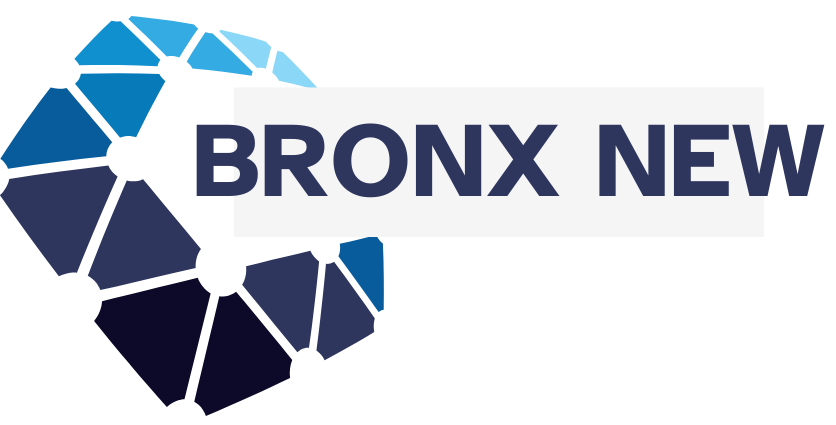Smart contracts are revolutionizing the way businesses operate by automating processes and ensuring transparency. Understanding how to effectively use smart contracts for business can significantly enhance efficiency while reducing potential risks. Before diving into implementation, it’s crucial to grasp the fundamentals, explore the numerous benefits, and navigate the challenges associated with smart contracts. Stay informed on future trends to keep your business ahead of the curve.
Understanding the Basics of Smart Contracts
Smart contracts, often associated with blockchain technology, are revolutionizing the digital landscape. These self-executing contracts have terms directly written into lines of code. They automatically enforce agreements when certain conditions are met, removing the need for intermediaries. Understanding the core components of smart contracts is crucial for leveraging their potential in business effectively.
First, smart contracts are deployed on blockchain networks like Ethereum, ensuring transparency and security. The decentralized nature of blockchains prevents tampering, making smart contracts highly reliable.
They operate through IF-THEN logic, where specific conditions trigger predetermined outcomes. This flexibility allows businesses to streamline processes, reducing time and costs associated with traditional contracting.
To code a smart contract, developers use programming languages such as Solidity. Clarity in coding is essential, as mistakes can lead to unintended executions or vulnerabilities. Thus, businesses should hire skilled developers or consider comprehensive reviews of their contract codes.
Once deployed, a smart contract is immutable, meaning changes can’t be made without creating a new contract. This ensures the integrity and trustworthiness of the contract.
Benefits of Implementing Smart Contracts in Business

Integrating smart contracts into your business processes can revolutionize the way transactions and agreements are handled. These digital contracts, powered by blockchain technology, offer security, efficiency, and transparency, making them highly advantageous for modern business practices.
Smart contracts help in reducing the risk of fraud since they are programmed to execute only when predetermined conditions are met. This automation minimizes the need for intermediaries, effectively lowering transaction costs and speeding up the execution time.
Additionally, by leveraging smart contracts, businesses can enhance accurate data recording and improve trust between parties involved, as all participants have access to the same unalterable ledger. With the decentralized nature of blockchain, there is no single point of failure, which increases the overall reliability of contract execution.
Moreover, smart contracts can be used across various industries like finance, supply chain, and real estate. In finance, for instance, they streamline processes like loans, ensuring both parties fulfill their obligations before funds are transferred. In supply chains, smart contracts automate the tracking and payment of goods as they move through the logistics process.
The implementation of smart contracts also supports complex business agreements by precisely detailing the rights and obligations of the involved parties. This ensures compliance and mitigates disputes, saving businesses time and resources otherwise spent on resolving conflicts.
Furthermore, smart contracts are adaptable and can be customized to meet specific needs, making them a flexible tool for businesses aiming to innovate and stay competitive. Their adoption not only simplifies operations but also helps businesses stay aligned with digital transformation goals. Companies looking to gain a competitive edge in their industry may find that implementing smart contracts enhances their operational efficiency and service delivery.
Challenges and Solutions in Smart Contracts
Smart contracts bring numerous advantages to businesses, but they also come with their set of challenges. One major challenge is the security concern. As with any digital technology, smart contracts are vulnerable to hacks and exploits. To mitigate this risk, it’s crucial to adopt rigorous testing and auditing practices. This ensures that vulnerabilities are identified and resolved before deployment.
Scalability is another significant challenge. As the number of transactions increases, so does the load on the blockchain network, potentially leading to slower processing times and increased costs. To address scalability issues, businesses can explore solutions such as layer-2 technologies or alternative blockchains that offer faster transaction speeds and lower fees.
Another aspect to consider is the complexity of integration. Implementing smart contracts into existing business processes can be difficult, especially in systems that were not designed with blockchain technology in mind. Collaborating with experienced blockchain developers can facilitate smoother integration.
Moreover, regulatory compliance is a challenge that cannot be overlooked. Different jurisdictions have varying regulations regarding blockchain technology, and businesses need to ensure compliance to avoid legal complications. Staying informed about regulatory changes and seeking legal advice can help navigate this complex landscape.
Finally, there is the issue of smart contract adaptability. Once deployed, smart contracts are immutable. This rigidity can be problematic if changes or updates are needed. Businesses should consider implementing upgradable contract patterns or modular architectures that allow for flexibility and adjustments while maintaining the integrity of the contract.
Future Trends in Smart Contracts for Business

With the steady advancement of technology, businesses must continuously adapt to varying digital landscapes. Smart contracts are integral to this shift, offering automated, reliable, and transparent processes. As technology evolves, it’s crucial to stay ahead of the curve concerning emerging trends in smart contract applications.
Integration with IoT
The integration of smart contracts with IoT devices is becoming more prevalent. Businesses can leverage this combination for seamless automation, where IoT devices trigger smart contracts based on real-world events. This can significantly enhance operational efficiency and reduce manual intervention.
Greater Interoperability
Another trend is the push for enhanced interoperability between different blockchain platforms. Businesses will benefit from smart contracts that function across multiple blockchains, facilitating broader and more unified applications.
AI and Machine Learning are also increasingly influencing smart contracts. By combining AI with smart contracts, predictive analytics and decision-making processes become possible, allowing businesses to make data-driven decisions promptly.
Security remains a paramount concern. Innovations in this area include more secure coding practices and regular audits. Additionally, platforms are developing advanced tools to detect and mitigate vulnerabilities before deployment.
Legal Considerations and Regulations are evolving rapidly. As governments better understand blockchain technology, regulations around smart contracts will become more defined, ensuring clarity and safety for businesses using them.
Finally, user-friendly platforms and development tools will further democratize smart contract use, enabling businesses of all sizes to incorporate smart contracts without extensive technical knowledge. This trend is making technology accessible, thus facilitating innovation across various industries.





